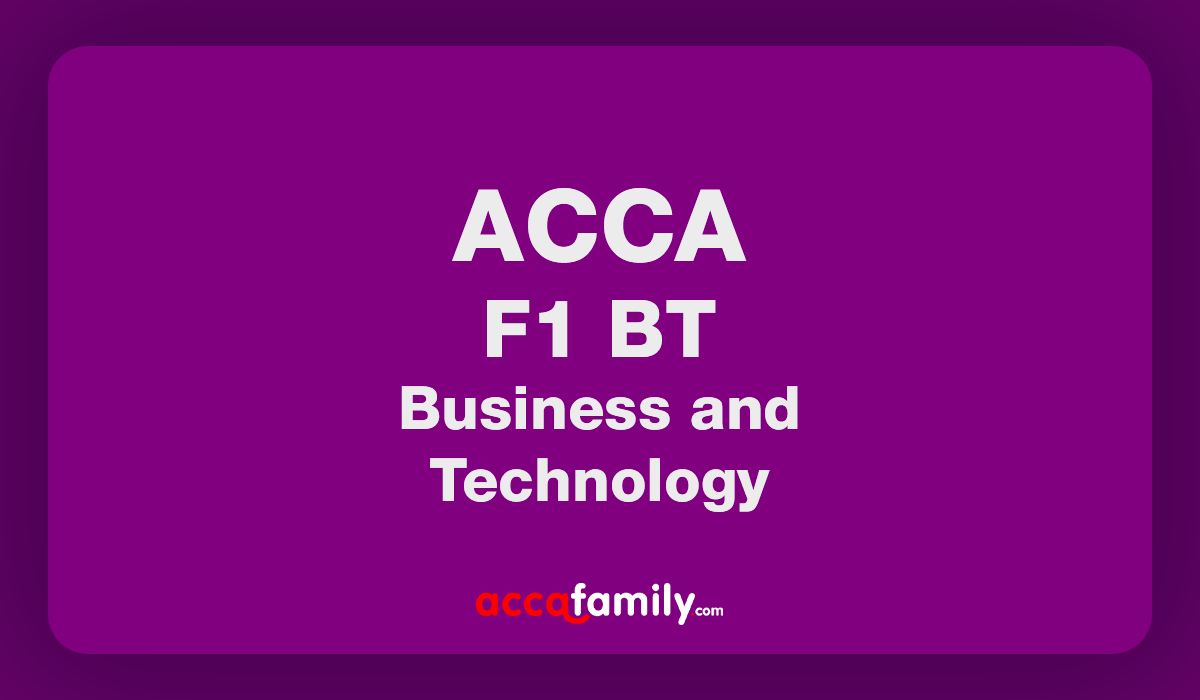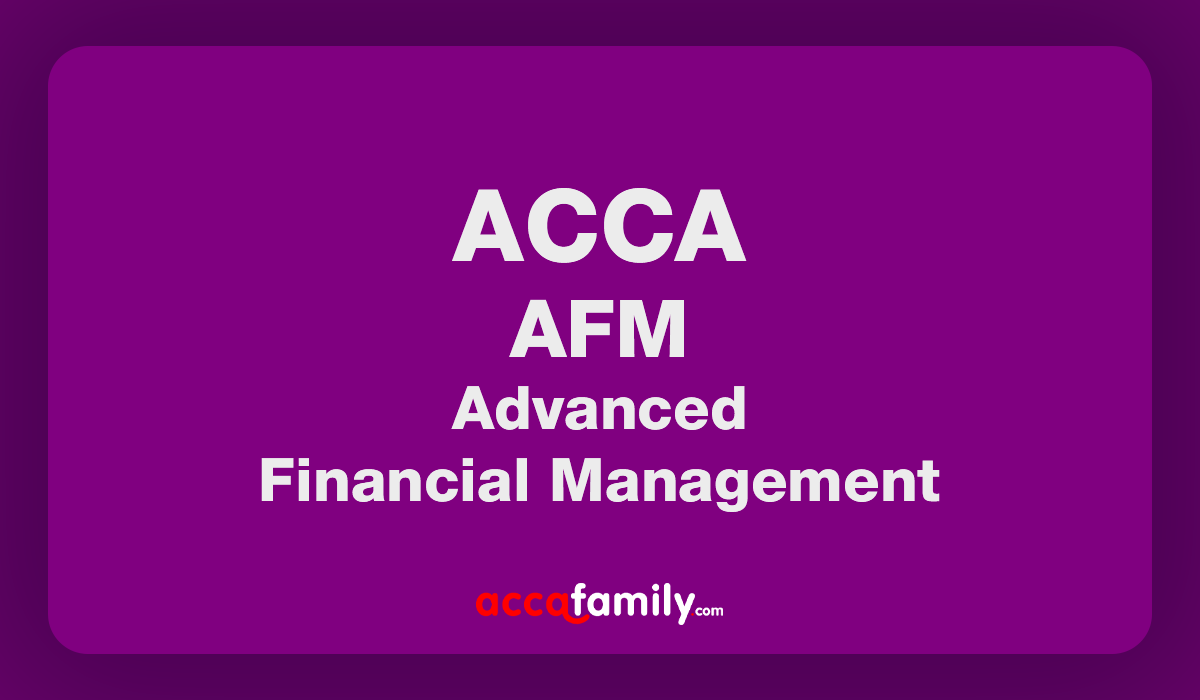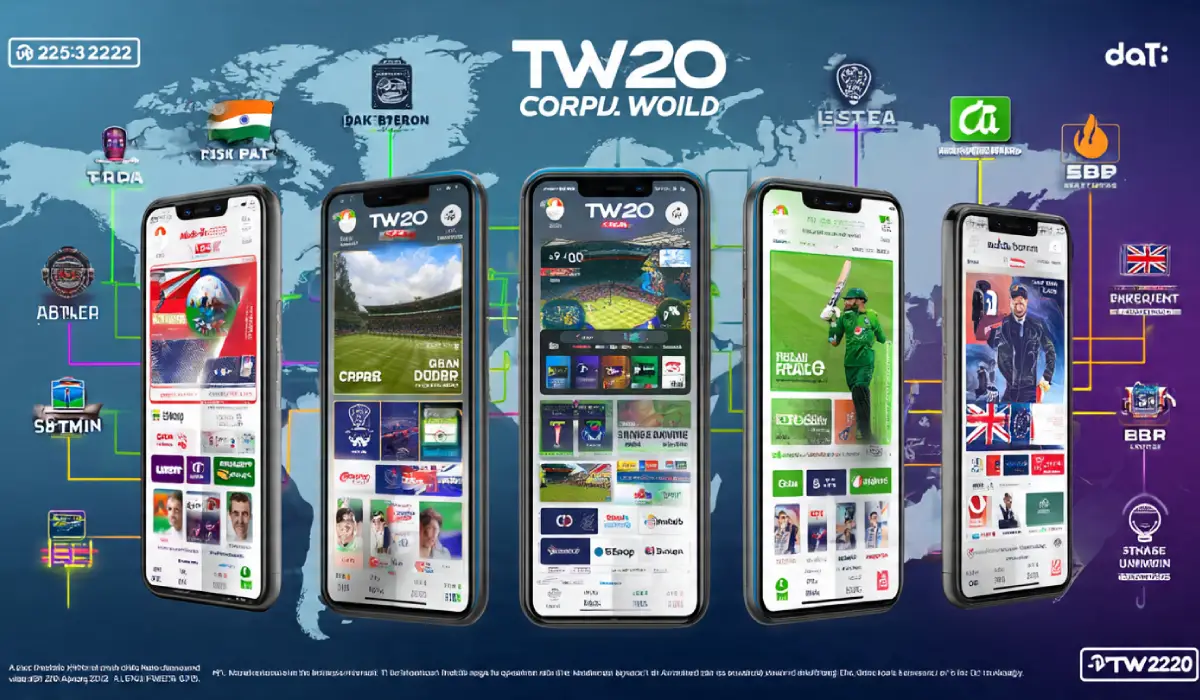Are you searching for comprehensive Managing Costs and Finance (MA2) study materials and resources to excel in your ACCA examination? The Workbook Managing Costs and Finance (MA2) from Kaplan stands as one of the most trusted resources for ACCA students preparing for this fundamental paper. This guide will walk you through everything you need to know about the MA2 module, effective preparation strategies, and how Kaplan’s workbook can transform your study experience.
What is the Managing Costs and Finance (MA2) Module of ACCA
The Managing Costs and Finance (MA2) module represents a cornerstone of the ACCA qualification, focusing on essential management accounting principles that form the foundation for advanced financial studies. This paper builds upon the knowledge gained from the Financial Accounting (FA) module and introduces students to the world of cost accounting, budgeting, and performance measurement.
The MA2 syllabus covers critical areas including cost classification and behavior, costing methods such as absorption costing and marginal costing, budgeting techniques, and variance analysis. You will encounter topics ranging from basic cost concepts to complex standard costing systems and performance indicators that businesses use to make informed decisions.
Core Learning Areas in MA2
| Topic Area | Weight | Key Concepts |
|---|---|---|
| Cost Classification and Behavior | 20% | Fixed, variable, direct, indirect costs |
| Costing Methods | 25% | Job costing, process costing, activity-based costing |
| Budgeting and Forecasting | 20% | Master budgets, flexible budgets, rolling forecasts |
| Standard Costing | 20% | Setting standards, variance analysis, remedial action |
| Performance Measurement | 15% | Key performance indicators, balanced scorecard |
The module aims to develop your analytical skills in cost management while providing practical knowledge that applies directly to real-world business scenarios. Understanding these concepts is crucial not only for passing the exam but also for building a strong foundation for subsequent ACCA papers.
How Difficult is it to Study and Pass the Managing Costs and Finance (MA2) Exam
The Managing Costs and Finance (MA2) exam presents moderate difficulty for most ACCA students, with a global pass rate typically ranging between 70-80%. This relatively high pass rate indicates that with proper preparation and the right study materials, success is achievable for dedicated students.
The main challenges students face include understanding the practical application of costing techniques, mastering variance analysis calculations, and developing the ability to interpret management information effectively. The exam format consists of objective test questions, requiring both theoretical knowledge and computational skills.
Common Difficulty Areas
Students often struggle with specific areas that require both conceptual understanding and numerical proficiency. Standard costing and variance analysis frequently pose challenges due to their complex calculations and the need to understand the business implications behind the numbers. Activity-based costing concepts can also be difficult to grasp initially, as they require a shift from traditional costing approaches.
Budget preparation and flexible budgeting techniques represent another area where students need significant practice. The key to success lies in understanding not just how to perform calculations, but also when and why different techniques are applied in various business contexts.
Time management during the exam is crucial, as the computer-based test format requires efficient navigation between questions while maintaining accuracy in calculations. Regular practice with past papers and mock exams helps develop the necessary speed and confidence.
Why Use Kaplan for Your MA2 Studies
Kaplan has established itself as a leading provider of ACCA study materials, with decades of experience in professional education and a deep understanding of examination requirements. Their approach combines academic rigor with practical application, making complex concepts accessible to students worldwide.
The Kaplan method emphasizes active learning through comprehensive workbooks that include theoretical explanations, worked examples, and extensive practice questions. Their materials are regularly updated to reflect current syllabus changes and examination trends, ensuring you study the most relevant content.
Kaplan’s Teaching Methodology
Kaplan’s materials follow a structured learning path that builds knowledge progressively. Each chapter begins with clear learning objectives, followed by detailed explanations supported by practical examples. The incremental learning approach helps you master one concept before moving to more complex topics.
Their question banks are particularly valuable, featuring questions that mirror the style and difficulty level of actual ACCA examinations. The explanations provided for each answer help you understand not only the correct response but also why other options are incorrect, deepening your overall comprehension.
The integration of technology in Kaplan’s learning resources provides additional support through online platforms, practice tests, and progress tracking tools. This blended approach caters to different learning preferences and helps maintain engagement throughout your study journey.
Why Use PDF Workbook Format
PDF workbooks offer numerous advantages for ACCA students, particularly those balancing study with work or other commitments. The digital format provides instant accessibility across multiple devices, allowing you to study whenever and wherever convenient.
The searchable nature of PDF documents makes it easy to locate specific topics or concepts quickly, saving valuable study time. You can bookmark important sections, make digital notes, and highlight key information without damaging physical books. This flexibility is particularly beneficial during revision periods when you need to access information rapidly.
Benefits of Digital Study Materials
PDF workbooks eliminate the weight and bulk of physical textbooks, making them ideal for students who travel frequently or study in multiple locations. The ability to zoom in on complex diagrams and calculations enhances readability, especially for detailed financial statements and costing schedules.
Digital materials also offer environmental benefits and often provide better value for money compared to printed alternatives. Updates and corrections can be distributed instantly, ensuring you always have access to the most current information and errata.
The ability to print specific sections when needed provides the best of both worlds, allowing you to create physical copies of practice questions or summary sheets while maintaining the convenience of digital storage for the complete resource.
How to Plan Your MA2 Study Schedule
Effective planning is crucial for Managing Costs and Finance (MA2) success, requiring a structured approach that balances content coverage with regular practice and revision. A typical study plan should span 12-16 weeks, depending on your existing knowledge and available study time.
Begin by conducting a skills assessment to identify your strengths and weaknesses in management accounting concepts. This initial evaluation helps prioritize study time and focus on areas requiring the most attention. Allocate approximately 60% of your time to learning new concepts and 40% to practice and revision.
Weekly Study Structure
Create a weekly schedule that includes dedicated time slots for each major topic area. Consistency is key – regular shorter study sessions are more effective than infrequent lengthy sessions. Aim for 8-12 hours of focused study per week, broken into manageable segments.
Week 1-4 should focus on foundational concepts including cost classification, behavior, and basic costing methods. Weeks 5-8 can cover budgeting and standard costing, while weeks 9-12 should emphasize performance measurement and integrated practice questions. Reserve the final weeks for intensive revision and mock examinations.
Build in flexibility to accommodate unexpected challenges or topics that require additional attention. Regular progress reviews help ensure you stay on track and make necessary adjustments to your study plan.
How to Effectively Prepare for the ACCA Managing Costs and Finance (MA2) Exam
Effective MA2 preparation combines thorough content knowledge with strong examination technique and regular practice. Success requires understanding both the theoretical foundations and practical applications of management accounting principles.
Start with a comprehensive review of the syllabus and examination format to understand exactly what you need to know. The MA2 exam tests both knowledge recall and application, so your preparation must address both aspects. Focus on understanding concepts rather than memorizing procedures, as this deeper comprehension helps tackle unfamiliar scenarios in the exam.
Study Techniques for MA2 Success
Active learning techniques prove most effective for management accounting concepts. Work through examples systematically, ensuring you understand each step before moving forward. Create your own examples to test understanding and develop problem-solving skills.
Practice questions should form a significant part of your preparation routine. Start with basic questions to build confidence, then progress to more complex scenarios that combine multiple concepts. Time yourself during practice sessions to develop the speed necessary for exam success.
Develop a systematic approach to variance analysis and budgeting calculations. Create templates or frameworks that you can apply consistently, reducing the likelihood of errors during the exam. Regular practice with these frameworks builds speed and accuracy.
Understanding Exam Requirements
The MA2 exam format consists of objective test questions that may include multiple choice, multiple response, number entry, and hot spot questions. Familiarize yourself with each question type and practice using the computer-based testing interface.
Pay particular attention to the command words used in questions, as these indicate the depth of response required. Words like “calculate,” “explain,” and “analyze” each require different approaches and levels of detail in your answers.
What is the Last Minute Guide for MA2
A last-minute study guide for MA2 should focus on high-yield topics and common examination areas while reinforcing key calculation methods and concepts. With limited time available, prioritize areas that carry significant weight in the examination and review fundamental concepts that underpin more complex topics.
Cost classification and behavior patterns form the foundation for many other topics, so ensure these concepts are solid. Review the differences between fixed and variable costs, direct and indirect costs, and understand how cost behavior affects decision-making processes.
Priority Topics for Final Review
Standard costing and variance analysis consistently appear in examinations and offer opportunities for significant marks. Focus on the most common variances including material price and usage, labor rate and efficiency, and overhead variances. Practice the calculation methods until they become automatic.
Budget preparation techniques, particularly flexible budgeting, represent another high-priority area. Understand the principles behind budget flexing and practice adjusting budgets for different activity levels. Master the key performance indicators commonly used to evaluate business performance.
Review costing methods including job costing, process costing, and activity-based costing. Understand when each method is appropriate and practice the basic calculations associated with each approach.
Last-Minute Practice Strategy
“Success in MA2 comes from consistent practice and understanding the business context behind the numbers.”
Concentrate on past paper questions and mock exams during your final preparation period. Simulate exam conditions including time constraints and computer-based testing environment. Review your answers carefully, understanding both correct responses and common mistakes.
Create summary sheets for key formulas and concepts that you can review quickly before the exam. Focus on areas where you’ve made previous mistakes or found concepts particularly challenging.
Advanced Preparation Techniques
Beyond basic study methods, advanced preparation techniques can significantly enhance your MA2 performance. These approaches focus on developing deeper understanding and practical application skills that set successful students apart.
Case study analysis helps develop the critical thinking skills necessary for management accounting applications. Work through business scenarios that require you to apply multiple MA2 concepts simultaneously, mimicking real-world situations you might encounter in professional practice.
Develop your ability to interpret management information and communicate findings effectively. Practice explaining your calculations and conclusions in clear, business-focused language. This skill proves valuable not only for examinations but also for your future career in accounting and finance.
Building Practical Understanding
Understanding the ‘why’ behind management accounting techniques is as important as knowing the ‘how’ of calculations.
Connect theoretical concepts to real business examples whenever possible. Research how major companies apply management accounting principles and consider how different business models might require different costing approaches. This contextual understanding helps you tackle application questions more effectively.
Practice working backwards from given information to determine missing figures or understand how results were calculated. This reverse-engineering approach strengthens your understanding of relationships between different financial elements and improves problem-solving abilities.
Technology and Learning Resources
Modern ACCA preparation benefits significantly from technology integration, with various digital tools and resources available to supplement traditional study methods. Understanding how to leverage these resources effectively can accelerate your learning and improve retention.
Online practice platforms provide immediate feedback and performance tracking, allowing you to identify weak areas quickly and monitor improvement over time. These platforms often include adaptive learning features that adjust difficulty based on your performance, ensuring optimal challenge levels.
Consider using spreadsheet software to practice budget preparation and variance analysis calculations. Building these skills in Excel or similar programs provides practical experience that proves valuable in professional practice while reinforcing your understanding of underlying concepts.
Study Group Benefits
Joining study groups or online forums can provide additional support and different perspectives on challenging topics. Explaining concepts to others reinforces your own understanding while exposing you to alternative solution approaches and common misconceptions.
Peer learning helps identify gaps in your knowledge that you might miss when studying alone. Regular discussion of MA2 concepts with fellow students can reveal new insights and practical applications that enhance your overall comprehension.
Key Takeaways
- The Managing Costs and Finance (MA2) module forms a crucial foundation for advanced ACCA papers
- Kaplan workbooks provide comprehensive, structured learning materials with extensive practice opportunities
- PDF format offers flexibility, accessibility, and convenience for modern students
- Effective preparation requires consistent study habits and regular practice with past papers
- Understanding business context behind calculations is as important as technical accuracy
- Time management during the exam is crucial for success
- Last-minute preparation should focus on high-yield topics and variance analysis
- Technology and peer learning can significantly enhance your preparation effectiveness
Frequently Asked Questions
Q: How long should I spend studying for the MA2 exam? A: Most students require 12-16 weeks of consistent study, dedicating 8-12 hours per week. Your timeline may vary based on prior accounting knowledge and available study time.
Q: What is the pass rate for the Managing Costs and Finance (MA2) exam? A: The global pass rate typically ranges between 70-80%, indicating that success is achievable with proper preparation and quality study materials.
Q: Can I use a calculator during the MA2 exam? A: Yes, an on-screen calculator is provided during the computer-based exam. However, practice using this interface beforehand to ensure comfort during the actual test.
Q: How important is the Kaplan workbook compared to other study materials? A: Kaplan workbooks are highly regarded for their comprehensive coverage and alignment with ACCA requirements. While other materials can supplement your studies, Kaplan provides excellent value as a primary resource.
Q: What topics should I prioritize if I have limited study time? A: Focus on standard costing and variance analysis, budgeting techniques, and cost classification. These areas consistently appear in examinations and carry significant weight.
Q: Is practical experience necessary to pass MA2? A: While practical experience is helpful, it is not essential for exam success. The Kaplan workbook provides sufficient real-world context and examples to understand practical applications.
Conclusion
The Workbook Managing Costs and Finance (MA2) from Kaplan represents an invaluable resource for ACCA students seeking to master management accounting principles and achieve examination success. This comprehensive guide has outlined the essential strategies, study techniques, and preparation methods that will help you navigate the challenges of the MA2 module effectively.
Success in Managing Costs and Finance (MA2) requires dedication, consistent practice, and the right study materials. By following the structured approach outlined in this guide and utilizing Kaplan’s proven resources, you will be well-positioned to not only pass your examination but also develop the management accounting skills that will serve you throughout your professional career. Remember that mastering MA2 concepts provides the foundation for advanced ACCA papers and practical application in your future accounting and finance roles.
Latest Update – February 2026
This article has been reviewed and updated to reflect the most recent information and insights.
Latest Update – March 2026
This article has been reviewed and updated to reflect the most recent information and insights.














